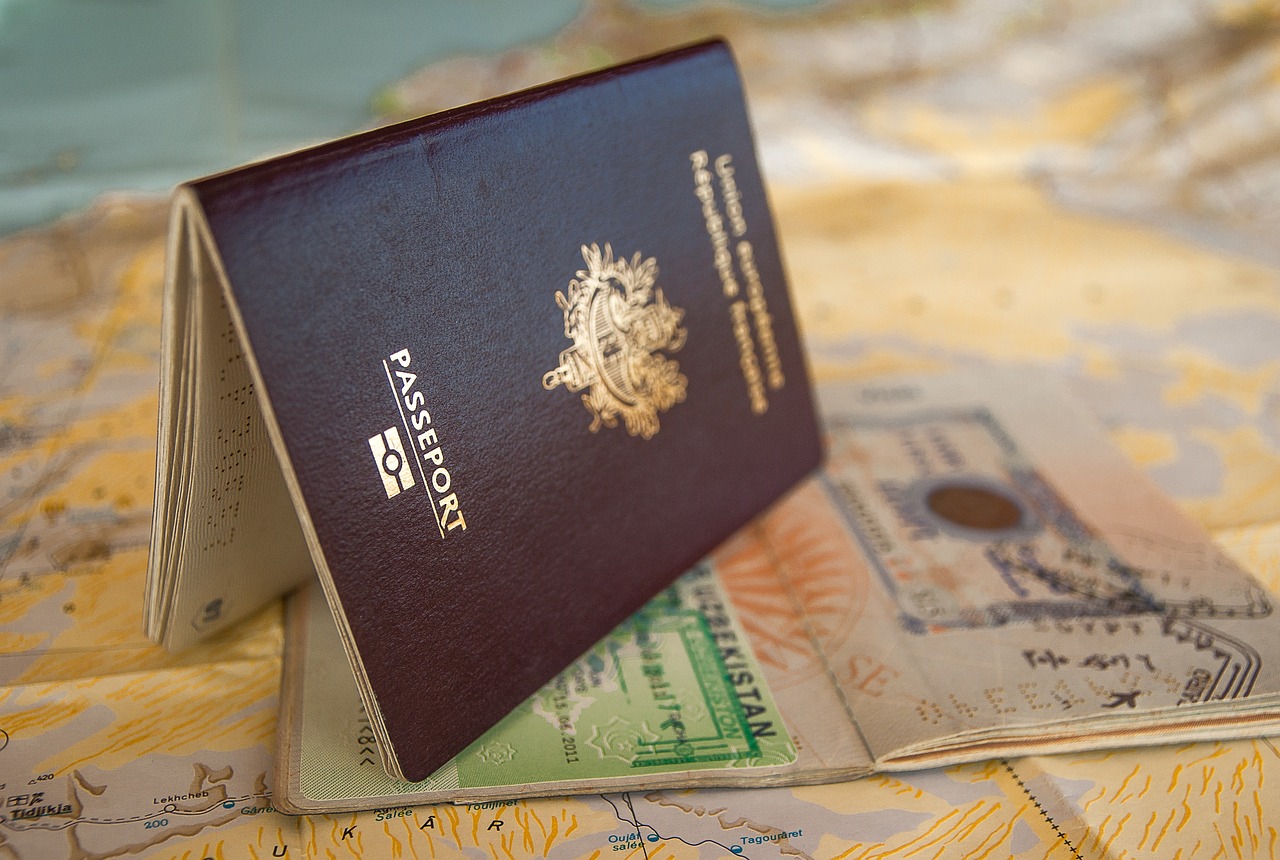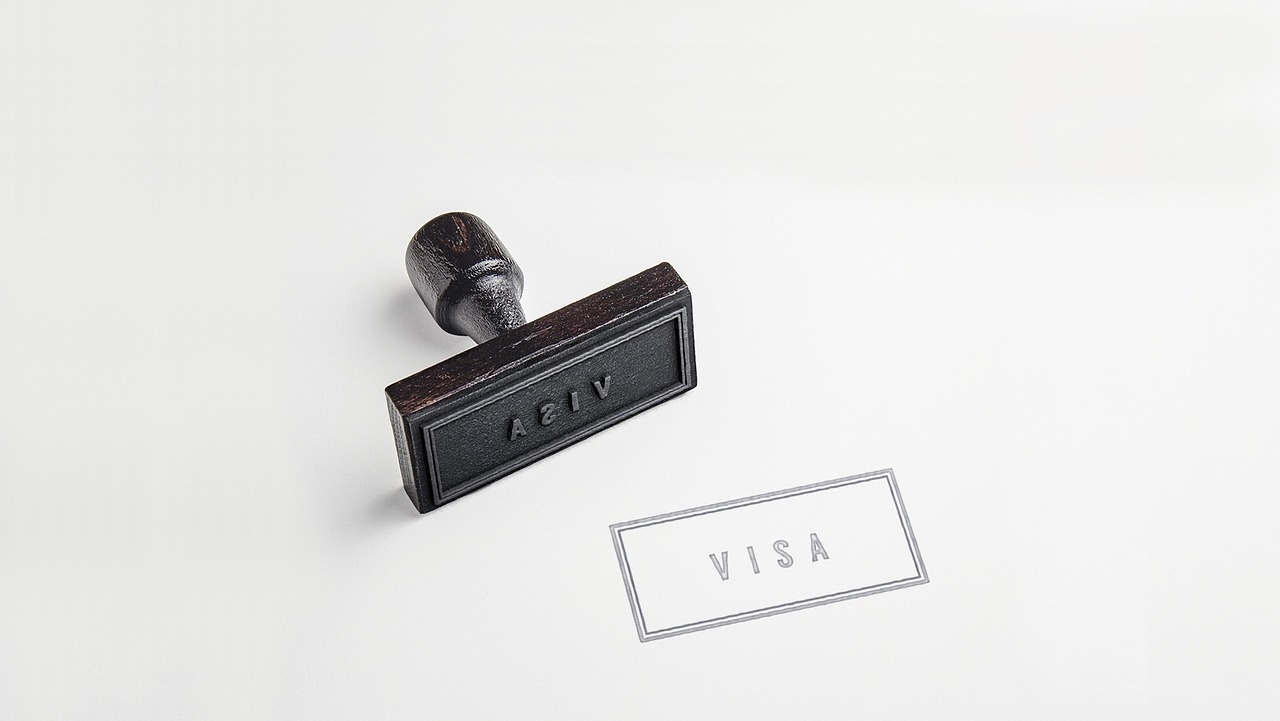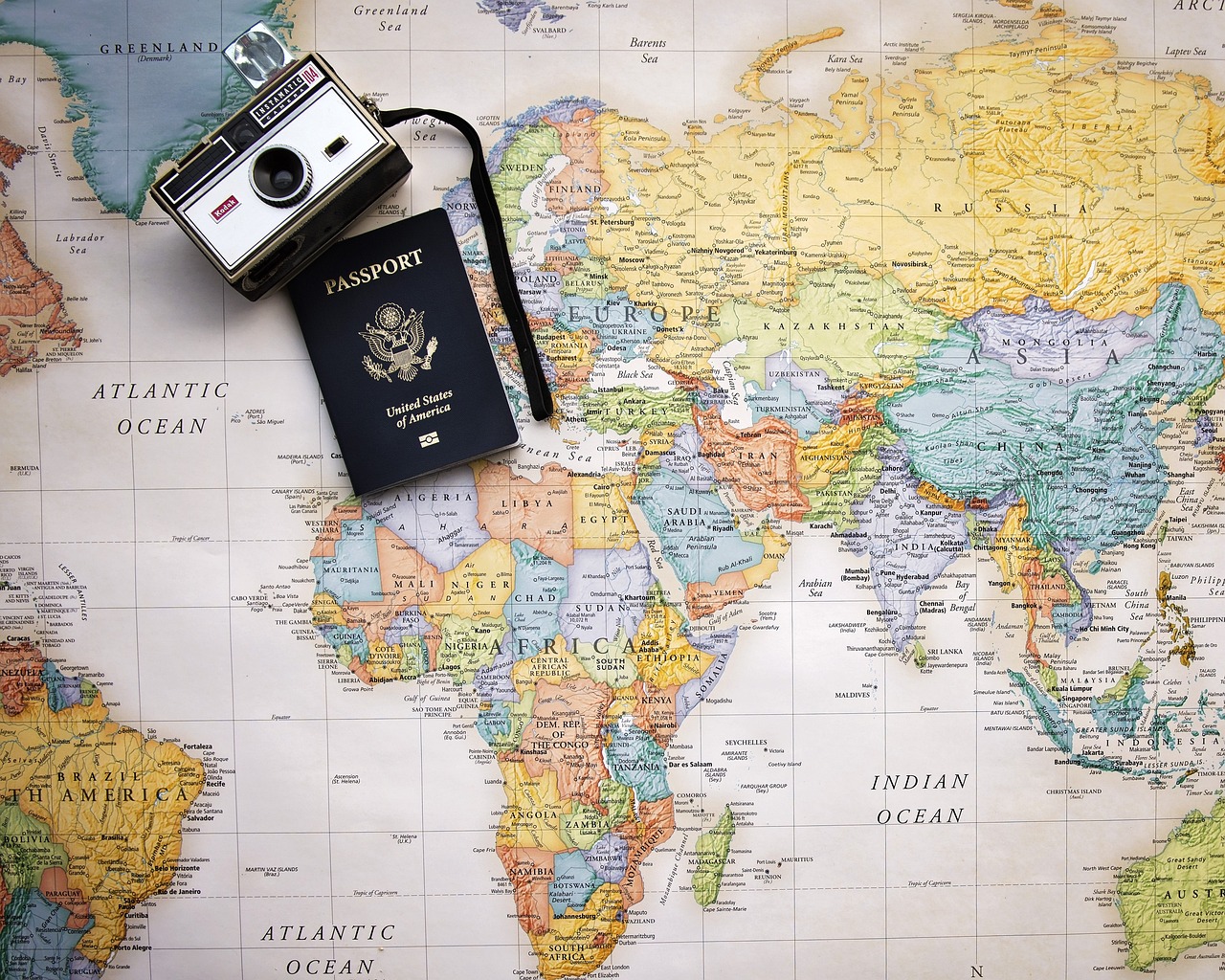How to become a Canadian citizen
Are you dreaming of becoming a Canadian citizen? You’re not alone. Every year, thousands of people from around the globe aspire to call Canada their home. Becoming a Canadian citizen is a significant milestone that offers many benefits, including the right to vote, access to better job opportunities, and the ability to obtain a Canadian passport. But how do you get there? The process may seem daunting, but with the right information and guidance, it becomes much more manageable. This article will walk you through the steps and requirements needed to achieve your goal, making the journey as straightforward as possible. Let’s dive in!

Understanding the Process of Becoming a Canadian Citizen
Introduction to Canadian Citizenship
Becoming a Canadian citizen is a significant achievement that comes with many responsibilities and privileges. To begin with, it’s essential to understand what Canadian citizenship entails. As a citizen, you will have the right to vote, work in any job, and travel with a Canadian passport. Citizenship also means participating in Canada’s democratic process and upholding its laws. The journey to citizenship involves several steps, including meeting specific eligibility requirements, completing an application process, taking a citizenship test, and attending a citizenship ceremony.
Eligibility Requirements for Canadian Citizenship
To apply for Canadian citizenship, you must meet several eligibility criteria. First, you need to be a permanent resident of Canada. Secondly, you must have lived in Canada for at least 1,095 days (3 years) in the last 5 years. Additionally, you must have filed your income taxes for at least three out of the last five years. Proficiency in either English or French is also required. If you meet these criteria, you can begin the application process, which includes passing a citizenship test and attending a citizenship ceremony.
| Information | Description |
|---|---|
| Permanent resident status | You must be a permanent resident of Canada to apply for citizenship. |
| Physical presence | You must have lived in Canada for 1,095 days (3 years) out of the last 5 years. |
| Income tax filing | You must have filed income taxes for at least 3 out of the last 5 years. |
| Language skills | You must demonstrate proficiency in English or French. |
| Citizenship test | Most applicants will need to pass a citizenship test to assess their knowledge of Canada. |
| Oath of citizenship | All applicants must take the oath of citizenship at a citizenship ceremony. |

Eligibility Criteria for Permanent Residents
Physical Presence Requirement
One of the critical eligibility criteria for becoming a Canadian citizen is the physical presence requirement. You must have been physically present in Canada for at least 1,095 days during the five years before you apply. This ensures that you have a strong connection to the country. It’s important to keep accurate records of your time spent in Canada, as you will need to provide this information during the application process. Being physically present in Canada for 1,095 days is non-negotiable, so plan accordingly.
Filing Income Taxes
Another essential requirement for Canadian citizenship is filing your income taxes. You must have filed taxes for at least three years within the five-year period before your application. This demonstrates your commitment to contributing to the Canadian economy. Filing taxes is a significant part of the application process, and failing to do so can delay or even prevent you from becoming a citizen. Make sure you have all your tax documents in order before you apply.
Language Skills in English or French
Proficiency in either English or French is mandatory for most adult applicants. You must demonstrate an adequate knowledge of one of these languages to qualify for citizenship. This is assessed through various means, including language tests and proof of education in English or French. Good language skills are crucial for integrating into Canadian society and participating fully in its civic life. If you need to improve your language skills, consider taking language courses or using language learning resources.

Steps to Apply for Canadian Citizenship
Step 1: Determine Your Eligibility
Before you start your application, ensure you meet all the eligibility criteria. This includes being a permanent resident, meeting the physical presence requirement, filing your income taxes, and demonstrating language proficiency. Confirming your eligibility is the first and most crucial step in the application process. If you’re unsure about your eligibility, consult the official guidelines or seek advice from an immigration expert.
Step 2: Gather Required Documents
Once you’ve determined your eligibility, the next step is to gather all the necessary documents. These may include proof of permanent resident status, tax documents, language test results, and any other relevant paperwork. Gathering all required documents beforehand can streamline your application process. Make a checklist to ensure you have everything you need, and double-check for completeness and accuracy.
Step 3: Submit Your Application
After gathering all the necessary documents, you can proceed to submit your application. You have the option to apply online or on paper. Ensure that all sections of the application form are filled out correctly and that you include all required documents and receipts. Submitting a complete and accurate application is vital to avoid any delays or rejections. Follow the instructions carefully and review your application before submitting it.
Step 4: Pay the Application Fees
The final step in the application process is paying the application fees. The fee for adults is $630, while for minors under 18, it’s $100. Make sure to pay your fees online and include the receipts in your application. Failing to pay the fees or include the receipts can result in your application being returned. Once you’ve paid the fees, keep a copy of the receipt for your records.

The Citizenship Test and Interview
Preparing for the Citizenship Test
Most applicants will need to pass a citizenship test, which assesses your knowledge of Canada’s history, values, institutions, and symbols. The test is usually conducted in English or French and is based on the official study guide „Discover Canada: The Rights and Responsibilities of Citizenship.” Preparing thoroughly for the test is essential. Study the guide, take practice tests, and consider joining a study group to increase your chances of success.
What to Expect During the Interview
In addition to the test, you may be required to attend an interview. During the interview, an immigration officer will assess your application and verify your documents. They may also ask questions about your background and reasons for wanting to become a Canadian citizen. Being well-prepared for the interview can make a significant difference. Bring all required documents and answer questions honestly and confidently.
Requesting Test Accommodations
If you have special needs or require accommodations for the citizenship test, you can request these in advance. This may include additional time, a different format of the test, or other specific needs. Requesting accommodations ensures that everyone has a fair chance to succeed. Make sure to provide any necessary documentation to support your request and submit it as part of your application.

The Citizenship Ceremony
Taking the Oath of Citizenship
The final step in becoming a Canadian citizen is taking the oath of citizenship. This is a formal ceremony where you pledge your allegiance to Canada and its laws. Taking the oath is a significant and emotional milestone in your journey to becoming a Canadian citizen. The ceremony is usually conducted in English or French and includes the national anthem and other patriotic elements.
What Happens at the Ceremony
During the citizenship ceremony, you will take the oath of citizenship, receive a certificate, and officially become a Canadian citizen. The ceremony usually includes speeches from officials, the singing of the national anthem, and the presentation of citizenship certificates. The ceremony is a momentous occasion, often attended by family and friends. It’s a time to celebrate your new status and reflect on the journey you’ve undertaken.
Receiving Your Citizenship Certificate
At the end of the ceremony, you will receive your citizenship certificate. This document is proof of your new status as a Canadian citizen. It is an essential document that you will need for various purposes, such as applying for a Canadian passport. Keep your citizenship certificate in a safe place, as it is an important legal document. Celebrate your achievement and enjoy the rights and responsibilities that come with being a Canadian citizen.

Special Considerations for Certain Applicants
Spouses, Children, and Grandchildren of Canadian Citizens
Special rules apply to the spouses, children, and grandchildren of Canadian citizens. If you are married to a Canadian citizen, you may be eligible for citizenship even if you don’t meet all the standard requirements. Similarly, children and grandchildren of Canadian citizens may also have different criteria. Understanding these special considerations can simplify the application process. Consult the specific guidelines for family members of Canadian citizens to determine your eligibility.
Refugee Claimants and Protected Persons
Refugee claimants and protected persons may also have special considerations when applying for Canadian citizenship. If you have received a positive decision confirming that you are a protected person, you may be eligible to apply for citizenship sooner. Being recognized as a protected person can expedite your path to citizenship. Ensure you understand the specific requirements and gather all necessary documentation to support your application.
Crown Servants and Their Families
Crown servants and their family members may have unique eligibility criteria for Canadian citizenship. If you are a Crown servant or a family member of one, you may be able to include time spent outside Canada in your physical presence calculation. This can be particularly beneficial for those who have served Canada abroad. Check the specific guidelines for Crown servants to see if you qualify for these special considerations.

Maintaining and Losing Canadian Citizenship
Maintaining Your Citizenship Status
Once you become a Canadian citizen, it’s essential to understand how to maintain your status. This includes fulfilling your civic duties, such as voting in elections, serving on a jury, and respecting Canadian laws. Maintaining your citizenship status requires active participation in Canadian society. Stay informed about your rights and responsibilities to ensure you remain a proud and active Canadian citizen.
Conditions for Losing Citizenship
While rare, there are conditions under which you could lose your Canadian citizenship. This includes actions such as committing fraud during the application process or renouncing your citizenship to become a citizen of another country. Understanding the conditions for losing citizenship is crucial to avoid any pitfalls. Make sure to adhere to all legal requirements and maintain your commitment to Canada to retain your citizenship status.

Additional Information and Resources
Fees and Payment Methods
The fees for applying for Canadian citizenship are $630 for adults and $100 for minors under 18. You can apply online or on paper, but you must pay your fees online. Always include the receipts in your application to avoid any delays. Keep a copy of the payment receipt for your records.
Processing Times and What to Expect
Processing times for citizenship applications can vary. This period includes the time needed to process your application, conduct the citizenship test, and hold the interview and ceremony. Be prepared for some waiting time and ensure you follow up on your application status. Patience and thorough preparation can make the process smoother.
Dual Citizenship and Its Implications
Canada allows dual citizenship, meaning you can be a citizen of Canada and another country simultaneously. However, some countries may require you to renounce your existing citizenship to obtain Canadian citizenship. Understanding the implications of dual citizenship is essential. Check the rules of your home country to see how they handle dual citizenship and plan accordingly.
